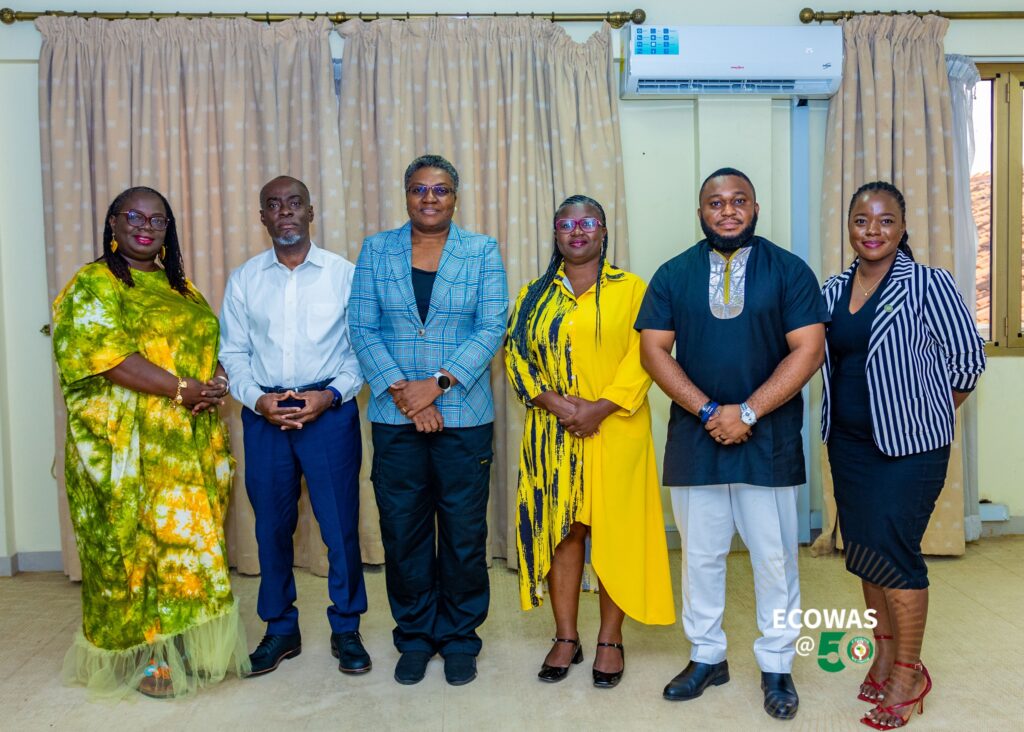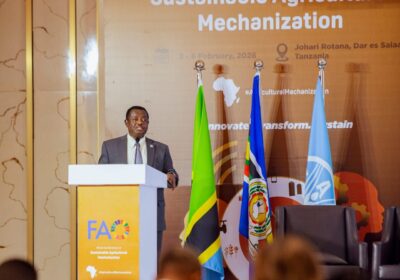ECOWAS Deepens Peace and Security Infrastructure in Ghana and Benin with Technical Mission.
By Raymond Enoch
In a significant move to bolster regional peace and security mechanisms, the Economic Community of West African States (ECOWAS) Commission, through its Early Warning Directorate (EWD) and the ECOWAS Peace Fund (EPF), has concluded a high-level joint technical mission to Ghana and Benin. The mission, which took place from July 31 to August 5, 2025, focused on strengthening National Early Warning and Response Systems in both countries.

The delegation conducted a thorough assessment of equipment and infrastructure provided to National Early Warning and Response Centers under the African Peace and Security Architecture Support Programme (APSA-SP), an initiative funded by the European Union and the African Union Commission. This intervention is part of a broader strategic push by ECOWAS to reinforce Member States’ capacities in detecting and responding to potential peace and security threats.
Key areas of the assessment included the operational state of logistics, IT systems, and office infrastructure delivered to the centers. The mission also identified challenges faced by national stakeholders and proposed technical enhancements that align with global best practices and the ECOWAS Conflict Prevention Framework (ECPF).
Officials emphasized that the initiative reflects ECOWAS’ continued dedication to building resilient institutions for conflict prevention and early response across West Africa.
“The establishment of National Early Warning and Response Centers is critical to empowering Member States to anticipate and manage risks before they escalate into full-blown crises,” said a representative of the ECOWAS Early Warning Directorate during the mission. “Our visit has confirmed progress while also spotlighting key areas for reinforcement.”
Ghana and Benin are among five ECOWAS countries — including Cabo Verde, Niger, and Senegal — that have benefited from both technical and material assistance aimed at operationalizing their national early warning frameworks.
The delegation also took time to visit Training Institutions and Centres of Excellence that received support under Phase Two of the APSA programme (APSA II). These visits served to monitor how funding and procured equipment are being utilized to enhance institutional training capacities in peace and security.
The ECOWAS Peace Fund, a key financing mechanism supporting these interventions, has reiterated its commitment to sustaining regional solidarity and collaboration. As instability continues to threaten various parts of West Africa, ECOWAS’ investments in early warning systems and capacity building are seen as vital tools in mitigating conflict and preserving peace.
This technical mission marks another critical step in the regional body’s long-term vision of a peaceful, secure, and integrated West Africa — a region where proactive conflict prevention is prioritized over reactive crisis management.









